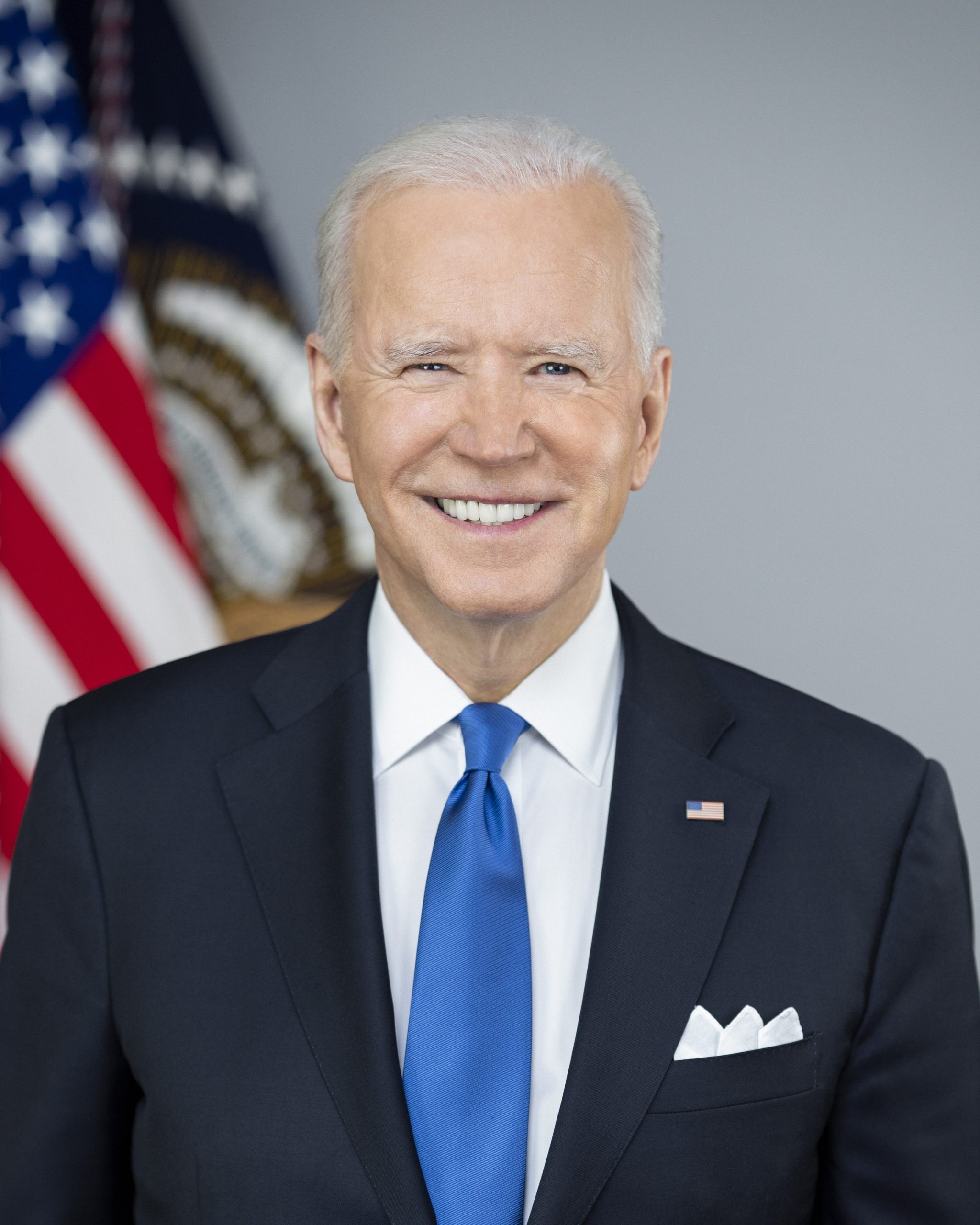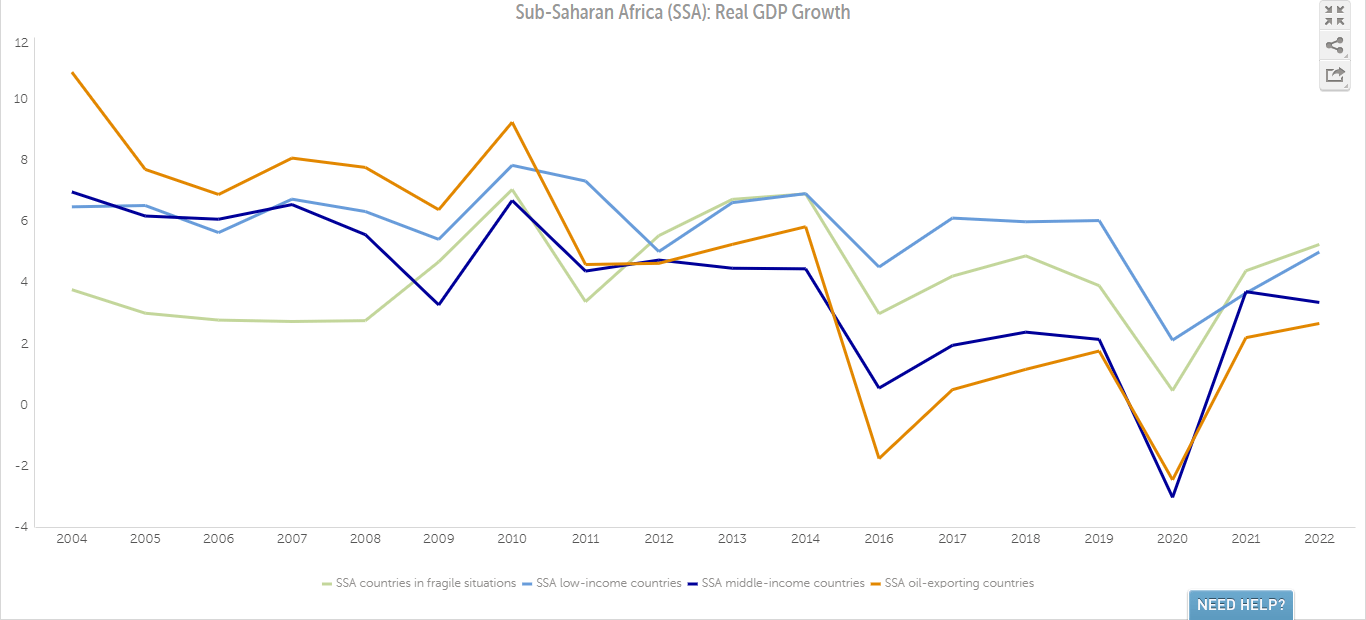The importance of the investment advisor
Share

Trust and confidence are fragile in the financial industry worldwide. The Ponzi schemes (Sun Kai, White Dot and Belvedere among others), BAI/Bramer implosion and cooperative scam have shaken the trust and confidence of the Mauritian public in the financial services sector. Trust and confidence have been dented by the financial crisis and financial services are the least trusted industry. While many lessons can be drawn from the recent events, it certainly demonstrates that investors do not fully understand the world of finance and are not necessarily equipped to make investment decisions on their own. It is evident that the risk associated with high-yielding deposits, for instance, was not fully appreciated and people were lured by return in Mauritius.
Investors tend to adopt the Do-It-Yourself approach for personal finance and this has proved costly to some of them, to the financial system and the government. When it comes to managing finances, unless one is already fairly expert in the world of finance, there is a learning curve to becoming savvy about personal finance. With hindsight, seeking professional advice would have saved the disgruntled public many a pain, putting the role of an investment advisor in the limelight.
Consumers amassing wealth are on the lookout for financial products and services which are becoming more and more complex with financial innovation. Investors are offered exchange traded funds and capital guaranteed funds, for example, in the Mauritian market. Moreover, investors are flooded by thousands of alternative investible stocks, bonds and funds. The consumers are even more exposed finding their way in this complexity and diversity.
An investment advisor provides a financial life-planning approach that can better position an investor to reach his long-term investment objectives. Different investors have different requirements such as retirement planning, choosing a suitable life insurance policy, funding children university education, handling an inheritance and trust planning.
An investment advisor analyzes an investor’s personal circumstances and assesses the market environment to develop an investment plan. He develops an investment strategy to ensure that the investor maintains the direction and discipline needed to reach the investment goals. He defines an investment policy statement spelling out the investment goals and objectives (return and risk appetite) and investment constraints (liquidity, time horizon and taxes).
The advisor determines an asset allocation strategy and builds a customized portfolio to match the unique need of the investor. The asset classes can be a mix of domestic and foreign equity, fixed income, property and cash depending on the investment policy statement of the investor. The advisor monitors the circumstances of the investor and the market environment and periodically rebalances the asset allocation to reflect changes.
For example, a parent providing for the education of their children at birth is a growth-oriented investor and seeking to maximize his or her long-term return potential, may be willing to tolerate the large short-term price fluctuations. On the other hand, an investor with short-term goals like a person nearing retirement might be more likely to choose a bond-oriented allocation that is more suitable for generating income.
The investment advisor has a fiduciary duty towards his clients to manage their assets for their best benefits. Trust is the backbone of client relationships in the investment management business. The CFA Charter-holder abides by the Code of Ethics and Standards of Professional Conduct of the CFA Institute which sets high standards of education, integrity, and professional excellence.
A CFA designation is no guarantee of an ethical advisor but it does suggest investors are dealing with someone who has an elite level of training by financial industry standards and is ideal for advisory services. The CFA credential has become the most respected and recognized investment designation in the world. The CFA program provides a strong foundation of advanced investment analysis and real-world portfolio management skills.
Thus, the investment advisor can play an instrumental role in restoring trust and confidence in the investment industry. The investors deserve nothing less than best practice in terms of regulation, governance and ethics to build a more trustworthy financial industry.









